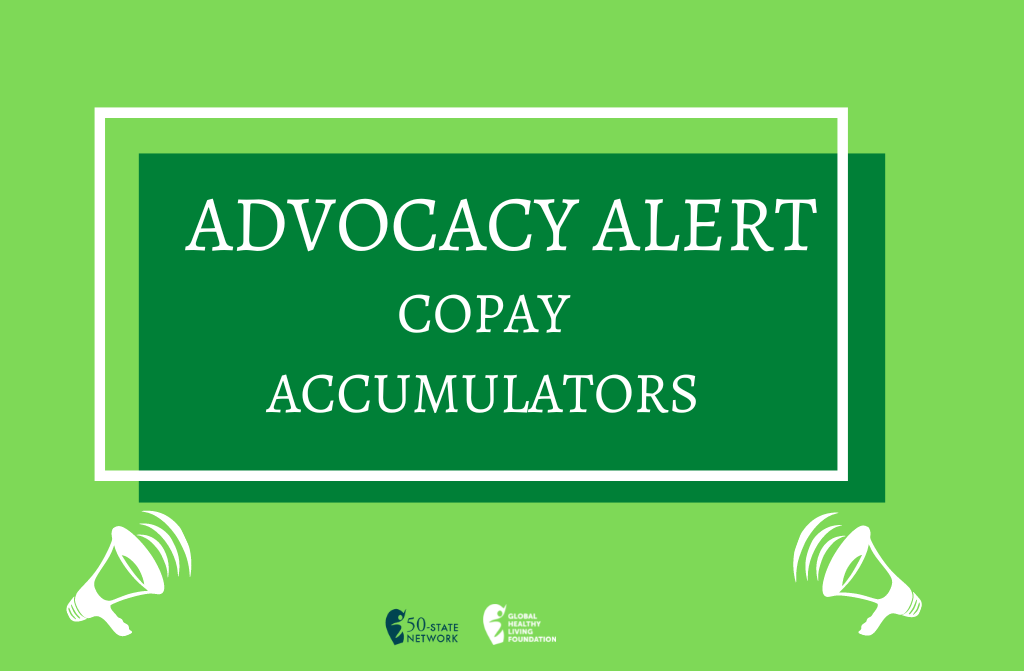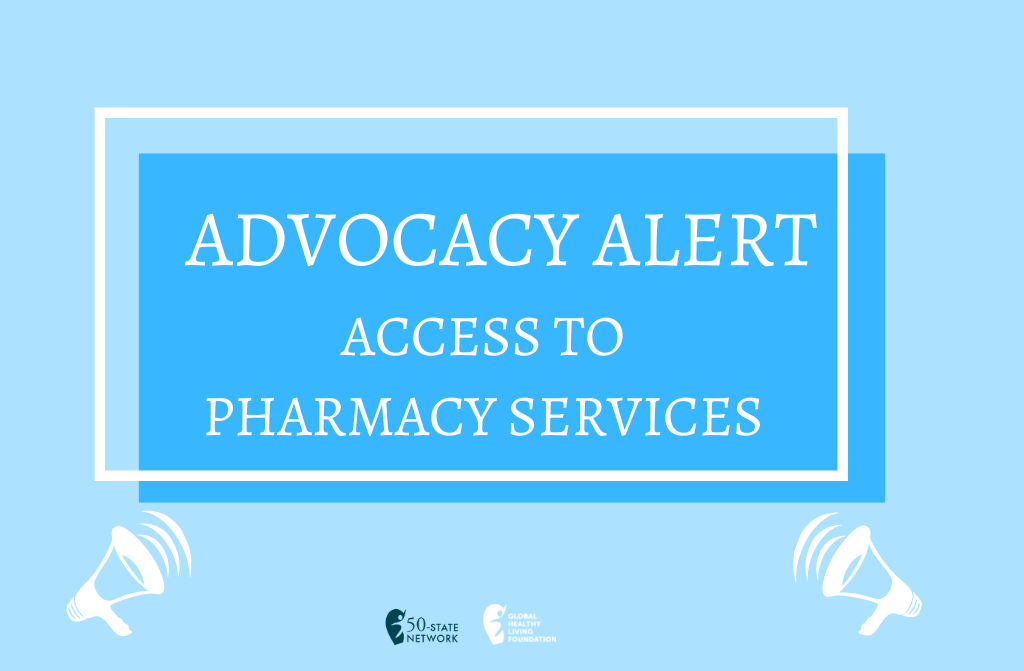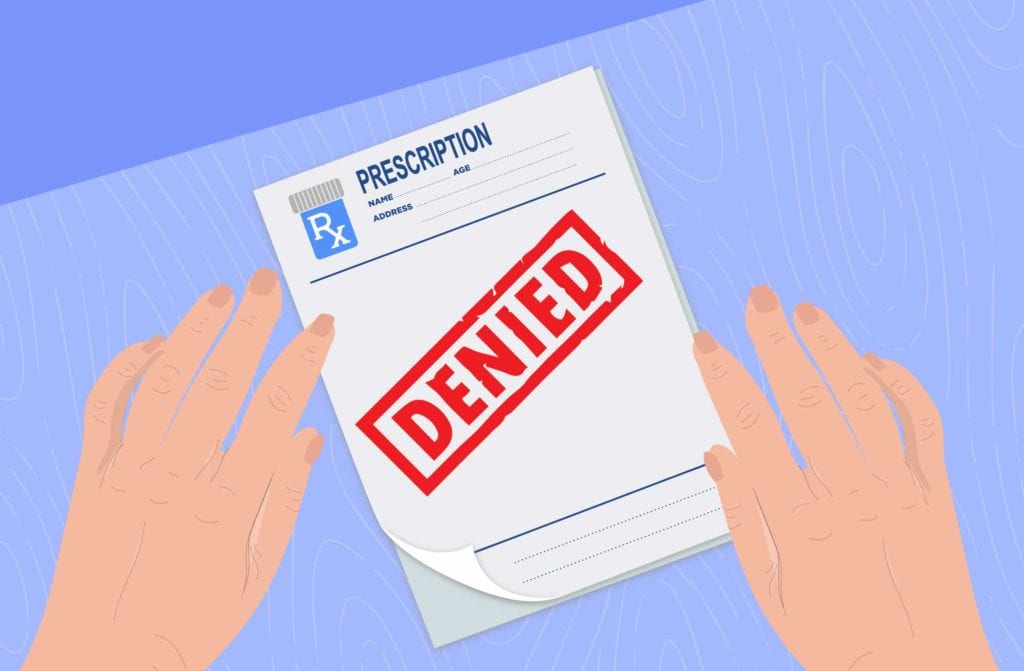GHLF asked HSS to take definitive action to ensure that access to pharmacy services will remain when the current public health emergency formally ends.
Advocacy Alert: Letter to the Federal Trade Commission Speaking Out Against Accumulator Adjustment Programs
Advocacy Alert: Letter to the Federal Trade Commission Speaking Out Against Accumulator Adjustment Programs
December 19, 2022
Zoe Rothblatt

GHLF wrote a letter to urge the members of the FTC to consider the harmful business practices of pharmacy benefit managers on the health and wellbeing of the chronic disease community.
The Global Healthy Living Foundation wrote a letter to the Federal Trade Commission (FTC) addressing the harmful practices of Pharmacy Benefit Managers (PBMs).
PBMs employ a practice known as accumulator adjustment programs, which prohibit copay assistance from counting toward a patient’s deductible or out-of-pocket maximum. These practices jeopardize patients’ access to medications and their ability to afford life-saving drugs.
Copay assistance is especially beneficial to people with serious, complex, chronic diseases who deal with fluctuating out-of-pocket costs due to frequent changes to the list of preferred drugs chosen by an insurer or PBM. People with chronic conditions may also be prescribed expensive specialty drugs, or medications without an equivalent generic. Monthly costs for biologics, for example, can reach into the thousands of dollars per prescription — a cost that is out of reach for most Americans. In fact, according to the Kaiser Family Foundation, one in three Americans with a serious health condition reports difficulty affording their medication.
Many insurers or drug manufacturers address the burden of out-of-pocket spending on patients by providing copay assistance coupons, which reduce costs and in turn improve patients’ ability to remain on the therapy prescribed by their care providers. For many people with chronic health conditions, copay assistance is essential to affording access to medication. Under accumulator adjustment programs, however, these coupons do not count toward a patient’s deductible or out-of-pocket maximum.
As a result, accumulator adjustment programs employed by PBMs can lead to increased costs and decreased access to affordable medications, leading to difficulties adhering to treatment protocols, managing symptoms, and preventing flare-ups for people with chronic health conditions.
This letter to the FTC addresses a multitude of concerns posed by accumulator adjuster programs. We urge the members of the FTC to consider the harmful business practices of PBMs on the health and wellbeing of the chronic disease community. We wrote: “Patients deserve to understand why PBMs are making the decisions they do if these decisions impact patient health care coverage, whether the decision is financially motivated, or one based on science. GHLF would like to see more state and federal regulations that increase transparency behind these decisions and begin to level the playing field.”
We need patient voices speaking out against the use of accumulator adjustment programs by PBMs. Make your voice heard! Join the GHLF 50-State Network for advocacy email updates, alerts, and actions.
Want to Get More Involved with Patient Advocacy?
The 50-State Network is the grassroots advocacy arm of CreakyJoints and the Global Healthy Living Foundation, comprised of patients with chronic illness who are trained as health care activists to proactively connect with local, state, and federal health policy stakeholders to share their perspectives and influence change. If you want to effect change and make health care more affordable and accessible to patients with chronic illness, learn more here.
RELATED POST AND PAGES
_
Public Opinion on Prescription Drugs and Their Prices. Kaiser Family Foundation. October 20, 2022. https://www.kff.org/health-costs/poll-finding/public-opinion-on-prescription-drugs-and-their-prices/
Was this article helpful?
YesNo


